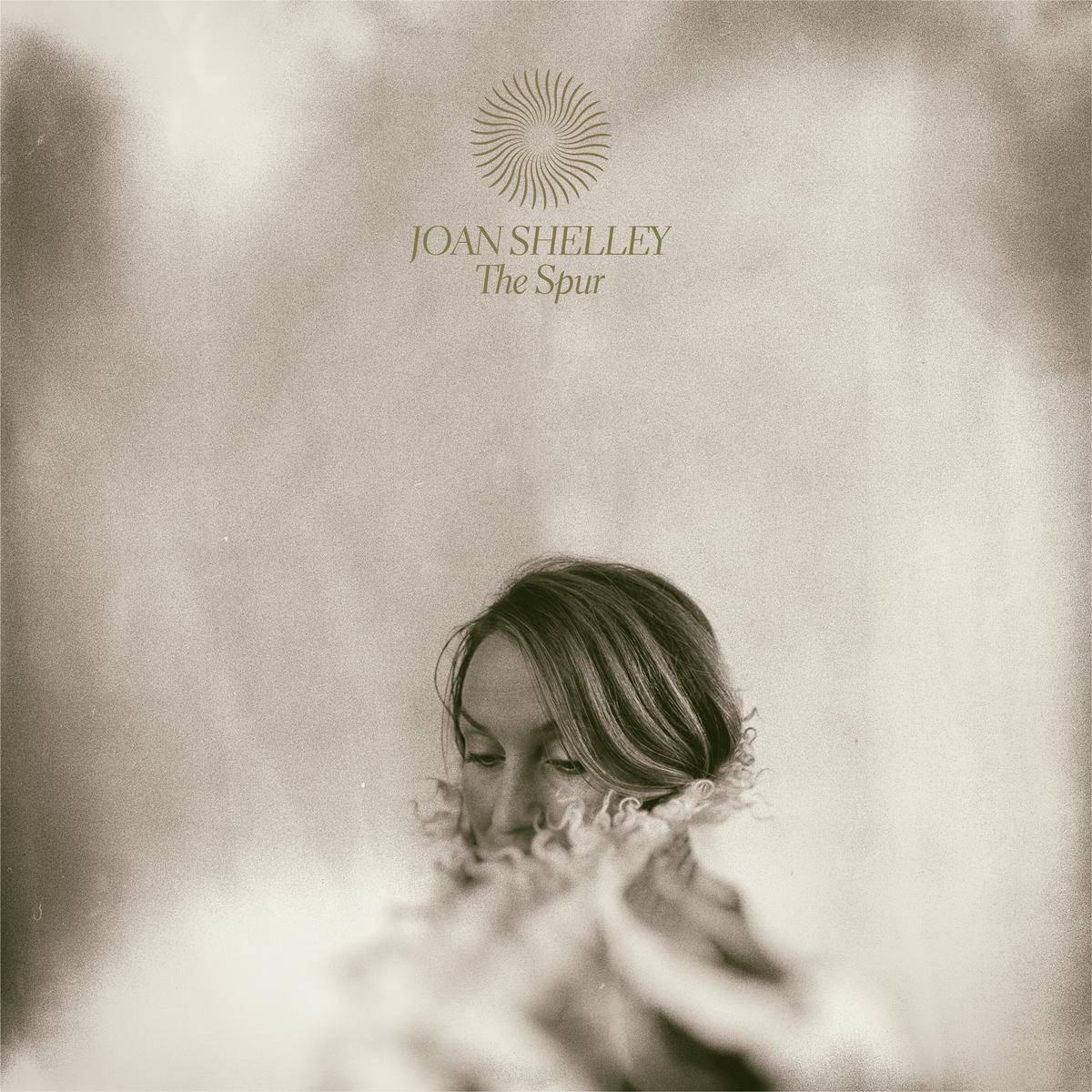Joan Shelley has finally come home. The American songwriter and singer’s last two albums – Like The River Loves The Sea (2019) and the self-titled Joan Shelley (2017) – were recorded in Iceland and Chicago, Illinois respectively. Two years beforehand, Shelley had relocated to the Greek capital of Athens to write the songs for Over And Even. But for her seventh solo album, The Spur, in the spring of 2021 she and her partner and principal musical collaborator Nathan Salsburg booked into a studio at Earthwave Farm, Shelbyville some 30 miles from the family home just outside Louisville, Kentucky. There they laid down the basic tracks that would eventually evolve into The Spur.
The album was produced by the British songwriter and guitarist James Elkington in his now home city of Chicago and includes collaborations with US left-field great, Bill Callahan; Meg Baird, of Heron Oblivion and Espers’ fame; and the British novelist Max Porter, as well as Nathan Salsburg. Joan Shelley and Salsburg were married in June last year. The folk-leaning songs on the record were written between the autumns of 2019 and 2020. At the time of recording, Shelley was seven months pregnant with her first child.
Given the background to The Spur and despite the fact that the record was created at a time of great physical isolation enforced by the coronavirus pandemic, it is ultimately one of beautifully understated contentment and stability, feelings that are born of that moment in time, the security of a familiar place, and the enjoyment of very settled personal circumstances. The Spur speaks of the positivity of deep-rooted rural connections and the innate spirit of an environment, but not at the expense of certain harsh realities of living there.
‘Amberlit Morning’, a duet with Bill Callahan – a man who only a few years earlier had got married and became a parent himself and who also contributed to the song’s arrangement and lyrics – challenges such a difficult truth, the small degrees of separation that exist between beauty and vulnerability. The album’s imperious title track, anchored by some sublime steel resonator guitar, is another song dealing in a certain dichotomy, one that was encountered both during lockdown and then beyond the re-emergence from it. ‘When The Light Is Dying’, with its carefully constrained strings and horns and perhaps The Spur’s standout song, reflects the weariness of which Shelley had grown with continuing transience. And it’s polar opposite ‘Home’ captures the physical imperfections of the overgrown farm where Joan Shelley and her family now live and all of the comfort and sanctuary it affords them. Her voice has never sounded so clear and so pure.




